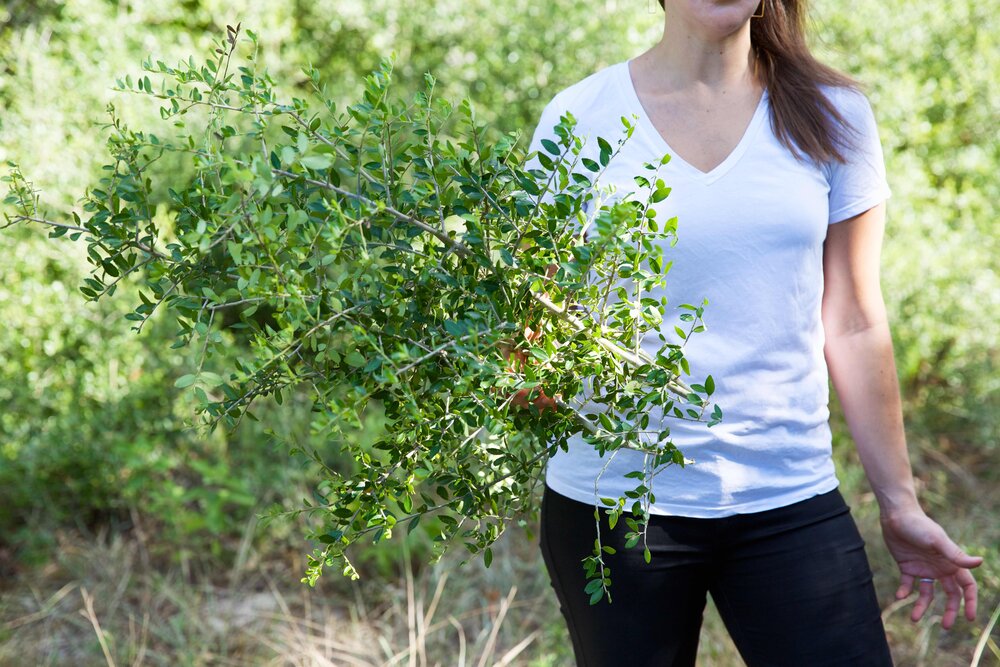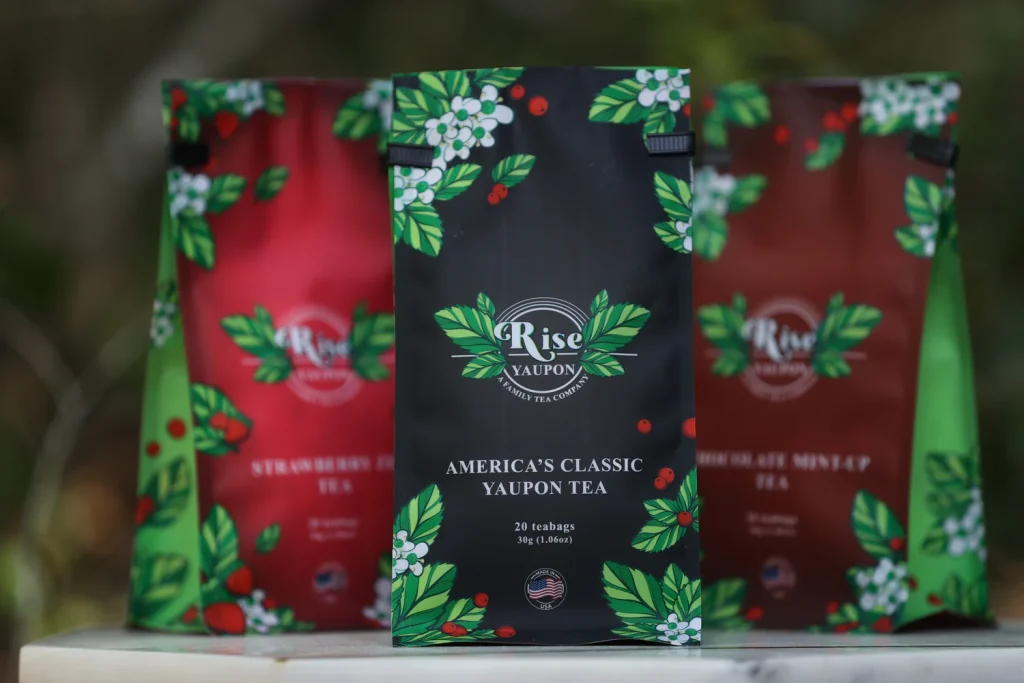Yaupon Benefits stand out in the bustling landscape of the beverage industry, as one native plant stands as a hidden gem, waiting to reclaim its position as North America’s unique contribution to the world of tea. In a world dominated by the likes of traditional teas and exotic brews, the quiet resurgence of Yaupon, pronounced yō-pon, unfolds as a tale of historical significance, culinary revival, and environmental stewardship.
Unlocking the Rich Tapestry of Yaupon Benefits
Yaupon Benefits extend far beyond a delightful sip. This native plant, pronounced yō-pon, is not merely a beverage but a testament to historical roots and ecological harmony. With leaves that yield a rich, fruity elixir boasting stimulating xanthines like caffeine, theobromine, and theophylline, Yaupon offers more than a refreshing drink. Its perfect blend provides jitter-free mental clarity and a soothing effect on the stomach.
Rooted in Native American traditions, Yaupon’s role in purification rituals and daily energizing routines speaks to its diverse cultural significance. As the world rediscovers this forgotten tea, it emerges not just as a culinary delight but as a symbol of sustainable practices and cultural reconnection. Embrace the Yaupon Benefits – a journey into history, ecology, and a uniquely American tea experience.

Yaupon: The Native Caffeinated Marvel
A Botanical Odyssey
Amidst the sprawling regions of the southern United States, Yaupon, a holly bush, thrives unnoticed by many. Unbeknownst to most, it is North America’s sole native source of caffeine. The plant, once known as “cassina” to the Timucua tribe and “black drink” to Spanish explorers, sprawls across the Atlantic Coast and the Gulf of Mexico, creating a landscape rich in potential but largely overlooked.
The Elixir of History
Delving into the historical roots, research by Dr William Merrill reveals that Yaupon played a pivotal role in the lives of Native American tribes. Driven by intricate rituals and ceremonies, the leaves of Yaupon, when meticulously picked, roasted, and boiled, released a concoction with a fruity and earthy aroma. This indigenous elixir, with its perfect blend of xanthines, provided a jitter-free mental clarity and digestive ease.
Yaupon’s Rise, Fall, and Renaissance
A Forgotten Legacy
Despite its profound historical significance, Yaupon’s journey through time has been marred by obscurity. From being consumed by almost every Native American tribe to gaining international fame in Europe, particularly as “South Seas Tea” and “Apalachine,” Yaupon faced a sudden decline in the mid-1800s.
The Unfounded Stigma
The turning point in Yaupon’s history came with the British East India Company perceiving it as a threat to their tea market dominance. Aiton’s controversial naming of Yaupon as Ilex vomitoria tarnished its reputation, perpetuating unfounded fears of adverse effects. By the mid-1800s, it became associated with poverty, further contributing to its decline.
The Yaupon Renaissance: A Tale of Two Pioneers
Rediscovering America’s Tea
In an unexpected twist of fate, Yaupon found unlikely champions in Abianne Falla and Bryon White. Intrigued by the plant’s history, they embarked on separate journeys to revive Yaupon’s forgotten legacy. Experimenting with traditional brewing techniques mentioned in colonial diaries, they unearthed not just a historic beverage but a deliciously nutty and buttery flavor.
Entrepreneurial Stewardship
Founded in 2013 and 2015 respectively, Catspring Yaupon and Yaupon Brothers spearheaded the Yaupon renaissance. The revival has not only sparked a renewed interest in this indigenous tea but also paved the way for ethical and sustainable practices. Collaborations with indigenous rights organizations, rehabilitative employment initiatives, and conservation partnerships mark a commitment to Yaupon’s responsible resurgence.
Yaupon Today: A Beacon of Sustainability
From Erasure to Empowerment
The American Yaupon Association (AYA), established in 2018, has played a pivotal role in connecting Yaupon enthusiasts and fostering ethical practices within the industry. The small-scale farmers and entrepreneurs associated with AYA harvest, roast, and sell over 10,000lb of Yaupon annually. This newfound success offers an opportunity to rectify historical patterns of exploitation, aligning with the principles of sustainability and environmental consciousness.
A Shared Stewardship
Yaupon’s contemporary narrative isn’t just about rediscovering a forgotten beverage; it’s a chance to rewrite history responsibly. Companies like Lost Pines Yaupon collaborate with Texas conservation groups, promoting biodiversity and mitigating forest fire danger. The journey of Yaupon transcends commercial success; it symbolizes a commitment to indigenous roots and a shared responsibility towards erasure.
Conclusion: Yaupon’s Revival, a Brew of Resilience
As Yaupon emerges from the shadows of neglect, its journey from being an obscure native plant to a symbol of sustainability and cultural preservation unfolds. The story of Yaupon goes beyond being a historical relic; it’s a testament to the resilience of forgotten treasures and the power of responsible entrepreneurship.
Read More: Cavazaque :A Complete Journey to Its Origins and Future Implications

